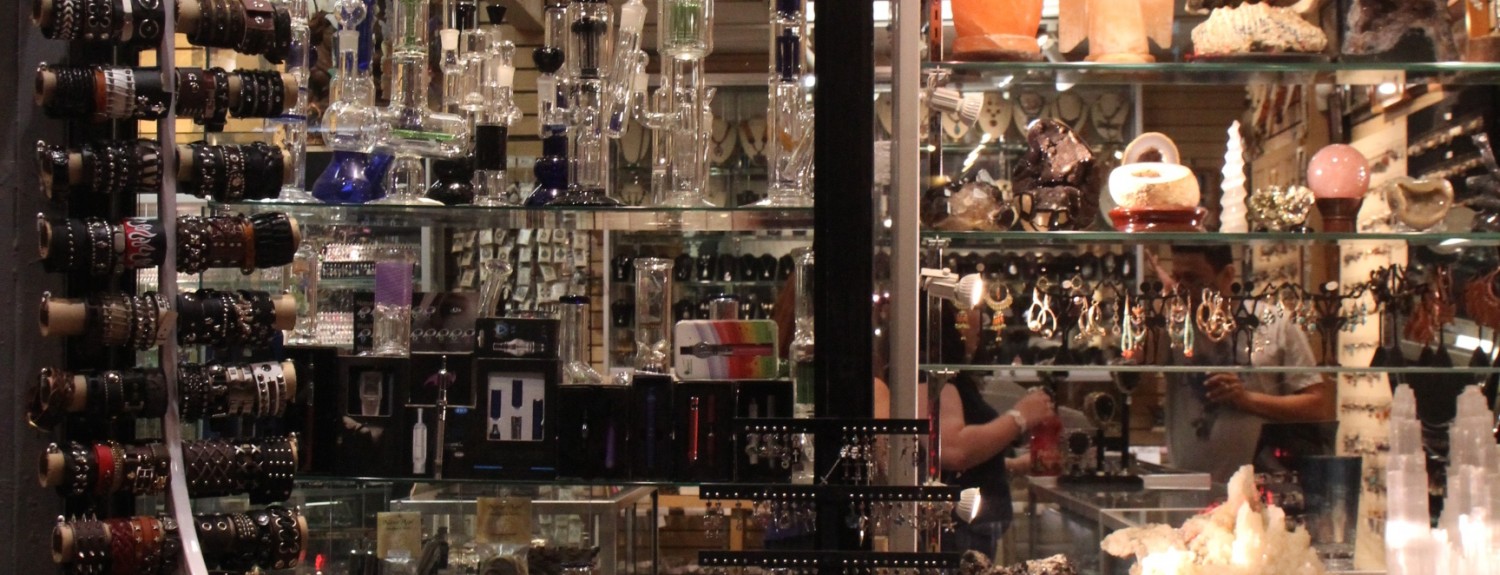Lifestyle & Culture
Tattooing Minors May be Easy, but It’s Illegal
Rebecca Shin walked into a West Village tattoo and piercing parlor and asked to get a piercing. After telling them her age—she was 16 at the time—a worker proceeded to pierce her navel.
No one the St. Mark’s Place shop—whose name Shin said she doesn’t remember—asked for her parents’ consent.
In New York State, that’s against the law.
“The whole process took, like, five minutes,” said Shin, 17, who will be a freshman at Hunter College in fall 2014.
She is among underage people who say it’s relatively easy to get a tattoo or piercing, without anyone asking how old they are or for their parents’ approval.
Priscilla DeSilva said she got her right shoulder tattooed with “No regrets; just lessons learned” a year ago, when she was 17, at Fun City Tattoo, one of several tattooing and piercing shops that line St. Mark’s.
She said shop workers never asked for her age or photo or other legal identification. “I didn’t think it was going to be that easy,” said DeSilva, 18.
“We don’t have any records of tattooing her,” said a man who answered the phone at Fun City. He declined to tell The Spectrum his name.
Tattooing persons younger than 18 is a class B misdemeanor under New York State law. Piercings for minors are allowed but only if their parents sign a form consenting to that. Violating those laws can result in piercing and tattooing licenses being suspended or revoked, or in a fine.
Part of the reason for these laws is that neither procedure is hazard-free. For tattoo artists and their customers, there are higher risks of infection and blood-related diseases such as hepatitis and HIV, according to the U.S. Centers for Disease Control and Prevention. The Association of Professional Piercers and Alliance of Professional Tattooists lists the precautions that artists and customers should take stay safe.
Many of the tattooing and piercing shops on St. Mark’s post signs in their windows, on their doors or inside their establishments stating that customers must be 18 or older or have signed consent from a parent or legal guardian.
Elite Jewelry and Piercing is one of the places posting a sign. Few of the youth who regularly come to Elite for piercing and tattooing services ever bring a parent with them, said piercer Romina Skaya, 26, who has worked at Elite for two years.
“Minors come to us on a daily basis,” Skaya said. “Mostly [they come] on the weekends and spring break, asking for a piercing.”
At nearby Aria Tattoo and Piercing, also on St. Mark’s, employee Sanyu Nicholas, 26, said her company tries to follow the law.
Typically, workers at Aria ask for the customer’s identification card, and then take a picture of it, said Nicholas, who does piercings and tattoos. If the customer is underage and accompanied by a parent, Aria workers have parents sign a consent form, she added. (Nicholas showed this Spectrum reporter a copy of the consent form but would not allow it, or other aspects of the shop, to be photographed.)
Nicholas also said she understands why some shops might ignore the law.
“The more tattoos and piercings they do, the more money they’re making. Of course they’re still going to try and find ways to do it,” Nicholas said.
Skaya, of Elite, agreed: “It … probably will continue to happen.”


